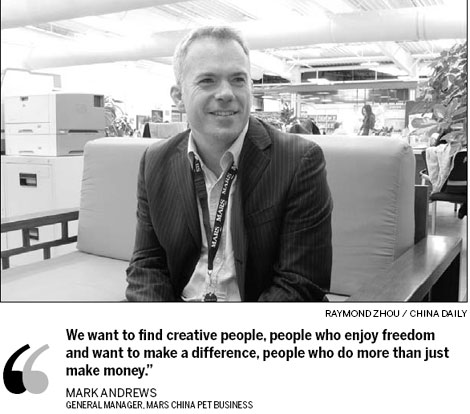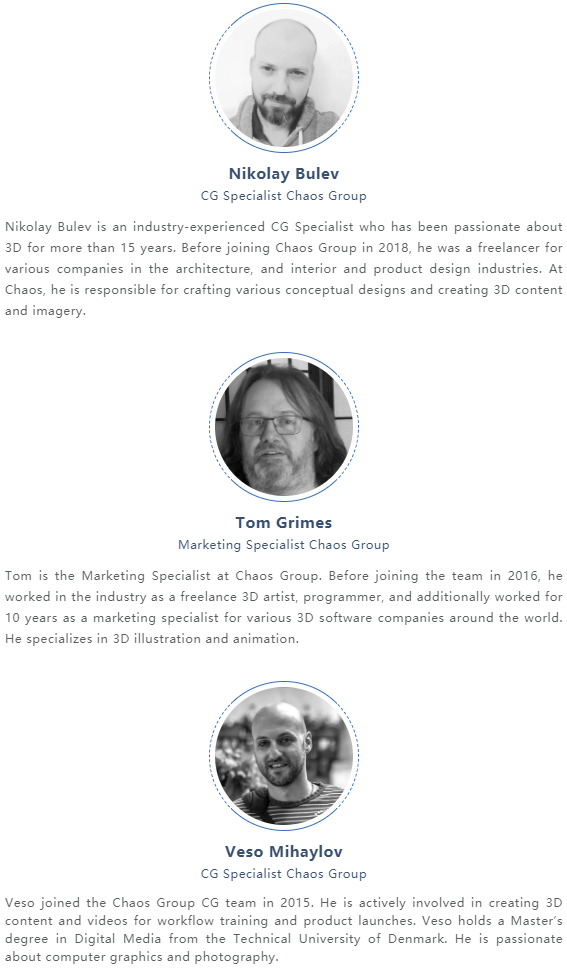The Unlikely Connection Between Hulk Hogan and Peter Thiel: Exploring Their Impact on Culture and Business
Guide or Summary:Hulk Hogan, born Terry Gene Bollea, is a name synonymous with professional wrestling. Rising to fame in the 1980s, he became the face of th……
Guide or Summary:
#### Description:

In the world of entertainment and business, few names resonate as strongly as Hulk Hogan and Peter Thiel. While they come from vastly different backgrounds—one a wrestling icon and the other a Silicon Valley billionaire—both have made significant impacts in their respective fields. This article delves into their stories, exploring how they intersect and what we can learn from their journeys.
Hulk Hogan, born Terry Gene Bollea, is a name synonymous with professional wrestling. Rising to fame in the 1980s, he became the face of the World Wrestling Federation (WWF), captivating audiences with his larger-than-life persona and signature catchphrases. Hogan’s impact on pop culture is undeniable; he not only helped elevate wrestling to mainstream popularity but also became a cultural icon, appearing in movies, television shows, and commercials. His charisma and ability to connect with fans made him a household name, and he remains a significant figure in the entertainment industry.
On the other hand, Peter Thiel is a co-founder of PayPal and an early investor in Facebook. He is known for his controversial views and his role in shaping the tech landscape. Thiel’s approach to business is marked by his contrarian thinking, often challenging conventional wisdom. He has been a vocal advocate for innovation and entrepreneurship, emphasizing the importance of creating new technologies rather than merely improving existing ones. His influence extends beyond business; he is also a political figure, known for his libertarian views and support of various political candidates.

The connection between Hulk Hogan and Peter Thiel may not be immediately apparent, but both have navigated the complexities of fame and influence in their respective domains. Hogan’s journey through the highs and lows of celebrity status, including personal scandals and legal battles, mirrors the challenges faced by public figures in the tech industry, where scrutiny and criticism are part of the territory. Thiel, like Hogan, has faced backlash for his beliefs and business practices, highlighting the risks that come with being a prominent figure in today’s society.
Furthermore, both figures represent the intersection of entertainment and entrepreneurship. Hogan leveraged his wrestling fame to build a brand that includes merchandise, reality TV shows, and appearances, while Thiel has used his wealth and influence to invest in various ventures, shaping the future of technology. Their stories reflect the evolving landscape of celebrity and business, where personal branding and public perception play crucial roles in success.

In conclusion, the narratives of Hulk Hogan and Peter Thiel offer valuable insights into the nature of fame, influence, and entrepreneurship. They remind us that success is not solely defined by financial achievements but also by the ability to connect with people and navigate the complexities of public life. As we continue to explore the dynamics of culture and business, the lessons learned from these two iconic figures remain relevant, inspiring future generations to carve their paths in an ever-changing world.